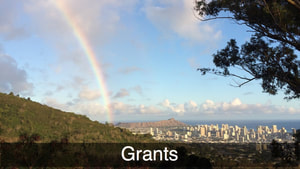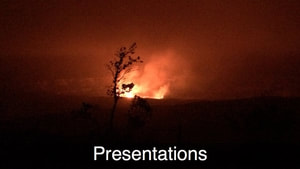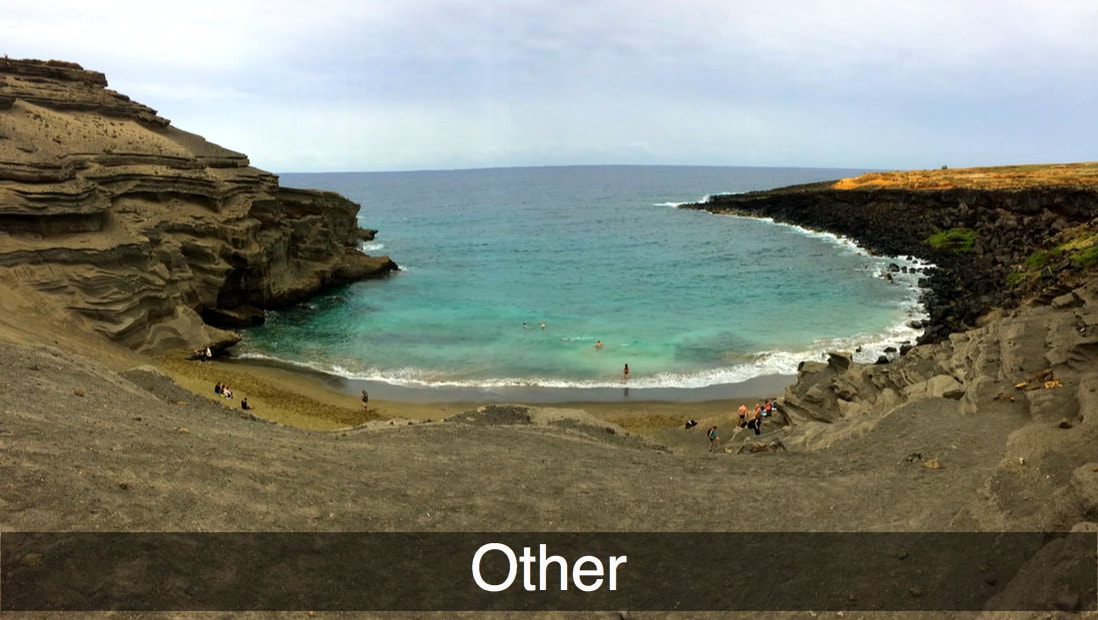Scholarly & Professional Activities
For a complete and full list, visit Grants.
Digital technology use for First Nations language education and revitalization in British Columbia
According to the United Nations, more than 370 million Indigenous people live in 70 countries around the world. Of the estimated 7,000 languages spoken today, some (e.g., English) are spoken across broad geographic areas and used across a range of technology platforms by billions of people. Indigenous languages, on the contrary, have much smaller language communities in comparison, and the majority of Indigenous languages spoken today are endangered and at risk of extinction. Many Indigenous communities around the world have experienced language loss and shift due to genocide, colonization, assimilation, government policies, and disease. In this culturally diverse world, it is difficult to anticipate the survival of Indigenous languages without support from digital technologies, with their ability to record, preserve, analyze, manipulate and transmit languages in myriad ways. To date, we know little about how digital technologies are chosen and maintained in Indigenous communities for purposes of language revitalization. Without a solid understanding of which technologies have been adopted or abandoned, we lose the opportunity to effectively advance language efforts and development in ways that correspond with the needs of individual Indigenous communities. This is especially important to do now, when there is a rapid decline of fluent speakers in many Indigenous language communities. This study’s findings will enhance our knowledge about Indigenous language revitalization and education, technology-enhanced language learning, and computer-assisted language learning. This research will take place in British Columbia, home to 60% of First Nations languages across Canada.
According to the United Nations, more than 370 million Indigenous people live in 70 countries around the world. Of the estimated 7,000 languages spoken today, some (e.g., English) are spoken across broad geographic areas and used across a range of technology platforms by billions of people. Indigenous languages, on the contrary, have much smaller language communities in comparison, and the majority of Indigenous languages spoken today are endangered and at risk of extinction. Many Indigenous communities around the world have experienced language loss and shift due to genocide, colonization, assimilation, government policies, and disease. In this culturally diverse world, it is difficult to anticipate the survival of Indigenous languages without support from digital technologies, with their ability to record, preserve, analyze, manipulate and transmit languages in myriad ways. To date, we know little about how digital technologies are chosen and maintained in Indigenous communities for purposes of language revitalization. Without a solid understanding of which technologies have been adopted or abandoned, we lose the opportunity to effectively advance language efforts and development in ways that correspond with the needs of individual Indigenous communities. This is especially important to do now, when there is a rapid decline of fluent speakers in many Indigenous language communities. This study’s findings will enhance our knowledge about Indigenous language revitalization and education, technology-enhanced language learning, and computer-assisted language learning. This research will take place in British Columbia, home to 60% of First Nations languages across Canada.
For a complete and full list, visit Presentations.
Keynote & Plenary Presentations
Invited Presentations
International Presentations
US/Canada Conference Presentations
Keynote & Plenary Presentations
- Galla, C.K. (2017, October). Working from a place of resilience: Hawaiian language, technology and the contemporary world. Plenary for the Puliima National Indigenous Languages and Technology Forum, Cairns, Australia.
- Galla, C.K. (2017, May). Living our Indigenous languages to build a sustainable future.Keynote for the Torres Strait Languages System. Thursday Island, Torres Strait Islands
- Galla, C.K. (2017, March). Indigenous language perseverance beyond the traditional homeland: cultivating ʻŌlelo Hawaiʻi through perfomative and creative practice. Featured speaker for the Indigeneity Panel, Kelowna, BC, Canada
- Galla, C.K. & Wilson, W.H. (2017, February). Developing and Advancing Pathways to Indigenous Language Fluency in Post-Secondary Education. Co-keynote for the Indigenous Languages Fluency Symposium, Kelowna, BC, Canada
Invited Presentations
- Galla, C.K. & Goodwill, A. (2017, March). Asserting well-being through reclamation and revitalization of our Indigenous languages. Talk story roundtablefor the 5thannual International Conference on Language Documentation & Conservation, Honolulu, HI, USA
- Galla, C.K. (2017, February).Living our Indigenous languages in multiple domains to support fluency. Indigenous Languages Fluency Symposium, Kelowna, BC, Canada
- Galla, C.K. (2016, June). Film screening and discussion of the documentary, “Rising Voices / Hótȟaŋiŋpi – Revitalizing the Lakota Language”, U.S. Consul General, Vancouver, BC, Canada (with L. Kesler [moderator], Callison, C., Claxton, D., & Grant, L.)
- Galla, C.K. (2016, March). Technology-enhanced Indigenous language revitalization: Pedagogy, praxis and possibilities for materials development. Paper presentation for the Arctic Indigenous Education Conference, Guovdageaidnu, Norway
International Presentations
- Galla, C.K. & Goodwill, A. (2017, March). Talking story with vital voices: Enacted knowledge of Indigenous language, culture and wellbeing. Poster presentationat the 5thannual International Conference on Language Documentation & Conservation, Honolulu, HI, USA
- Galla, C. (2015, February). Multimedia technology enhanced materials development for Indigenous language revitalization. Paper presentation at the 4thannual International Conference on Language Documentation & Conservation, Honolulu, HI, USA
- Galla, C. K. (2013, October). Perpetuating Hawaiian Indigeneity, Language, and Performance in a Globalizing World. Presentation at the In the Balance: Indigeneity, Performance, Globalization conference. London, England
- Galla, C. K. (2013, August). Hula as a global phenomenon: Benefits and challenges for the Hawaiian culture and language. Panel presentation at the Pacific Arts Association International Symposium, Vancouver, BC, Canada (with L. Galla, D. Keawe, & L. Kimura)
US/Canada Conference Presentations
- Galla, C.K., Kawaiʻaeʻa, K., Leonard, B., Nicholas, S., Taniwha, Smith, G., R., McKenzie, J., Shanley, K., & Hume, R. (2017, May). Strengthening and broadening Indigenous knowledge and leadership capacity across our lands and waterways. Roundtable presentation at the Native American and Indigenous Studies Association (NAISA), Vancouver, BC, Canada
- Galla, C.K., Leonard, B., Nicholas, S., Kawaiʻaeʻa, K., McKenzie, J., Smith, G., Taniwha, R., & Benally, C. (2016, May). A nexus of international post-secondary institutions: nourishing relationships in hybrid delivered Indigenous education courses. Roundtable presentation at the Native American and Indigenous Studies Association (NAISA), Honolulu, HI, USA
- Galla, C. (2014, January). Living our Indigenous languages: A home away from home. Paper presentation at the Stabilizing Indigenous Languages Symposium. Hilo, HI, USA
- Leonard, B., Nicholas, S., Gilmore, P., & Galla, C. (2013, November). Knowledge production in Indigenous scholarship: Fostering relationships, reciprocity, responsibility and respect through cross-institutional collaborative engagements. Roundtable presentation at the American Anthropological Association conference. Chicago, IL, USA



